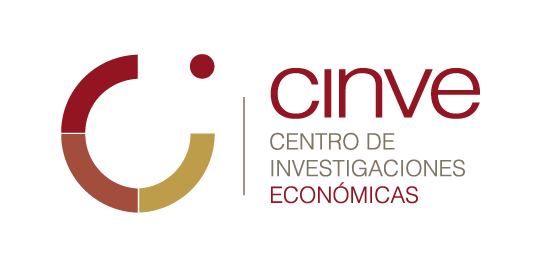In this paper, the links between the investment in innovation activities, innovation outputs (technological and non-technological innovation), and productivity in services and manufacturing are explored using innovation survey data from Uruguay. This is the first attempt to study these links for a developing country. The size of firms, their cooperation on R&D activities, the use of public financial support, patent protection, and the use of market sources of information, are the variables that are more consistently associated with the decision to invest in innovation activities across sectors. The main determinants of technological and non-technological innovations are the level of investment in innovation activities and the size of firms. The results indicate that both technological (i.e., product and process) and non-technological (i.e., marketing an organizational) innovations are positively associated to productivity gains in services, but nontechnological innovations have a more important role. The reverse happens for manufacturing; technological innovations are the relevant ones for productivity.
JEL classifications: O12, O14, O31, O33, O40
Key words: Innovation, Productivity, Services, Manufacturing, Developing countries, Latin America, Innovation surveys
